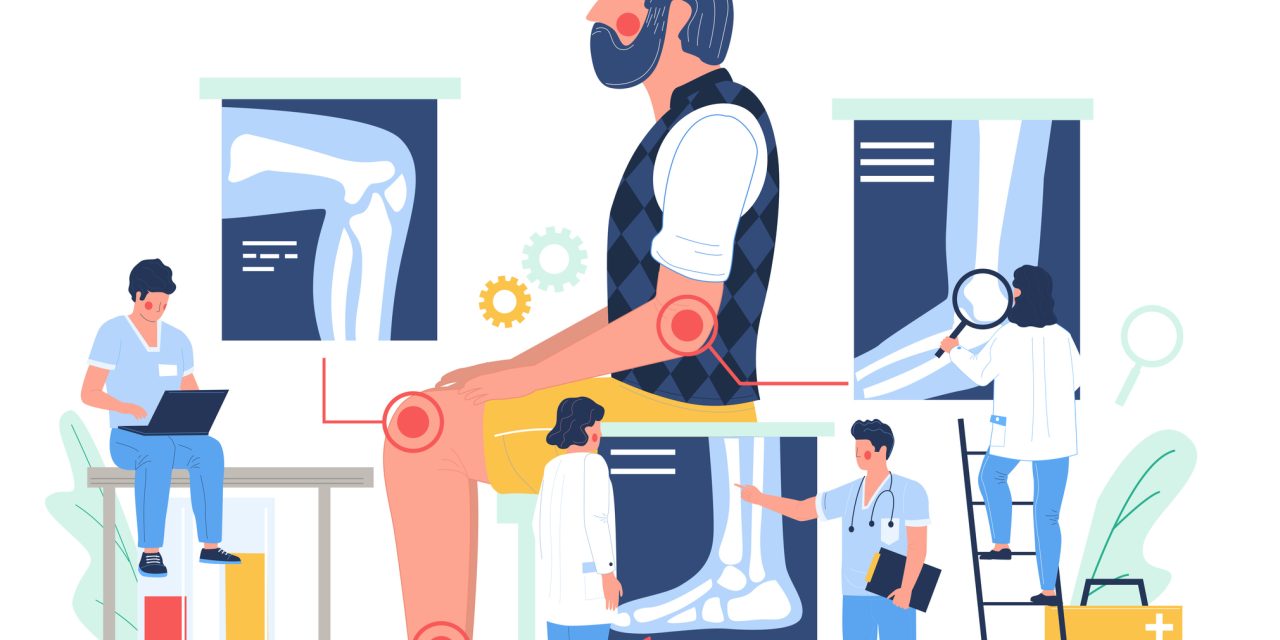Physical inactivity is prevalent in rheumatoid arthritis (RA) patients, increasing the risk of poor physical health and compromised well-being. Interventions are therefore required to support physical activity (PA) behavior change in this population. This study examined whether a self-determination theory (SDT) based exercise intervention for people with RA, increased autonomous motivation for PA and in turn, moderate-to-vigorous PA (MVPA) and subjective vitality RA patients (n = 115) were randomized to a 3-month SDT-based psychological intervention + RA-tailored exercise program (experimental group, n = 59) or a RA-tailored exercise program only (control group, n = 56). During the program, the SDT-based intervention group received one-on-one consultations with a PA advisor trained in delivering strategies to promote autonomous motivation for PA. Well-established questionnaires assessed autonomous and controlled motivation for PA, MVPA (min/week), and subjective vitality at baseline (T1) and 3 months (T2). Path analysis examined the hypothesized theoretical process model. The model demonstrated an excellent fit to the data (n = 70, χ2 (26) = 28.69, p = .33, comparative fit index = 0.99, root square mean error of approximation = 0.04). The intervention corresponded to higher autonomous motivation and lower controlled motivation for PA at T2, after controlling for T1 autonomous and controlled motivation. In turn, changes in autonomous motivation from T1 to T2 significantly positively predicted changes in MVPA and subjective vitality. Results suggest an SDT based psychological intervention comprising autonomy-supportive strategies for PA predicted greater reported autonomous reasons for PA in RA patients participating in a tailored 3-month exercise program. Increased autonomous motivation linked to increased engagement in MVPA and feelings of vitality in these patients.© The Author(s) 2020. Published by Oxford University Press on behalf of the Society of Behavioral Medicine.
Testing a self-determination theory-based process model of physical activity behavior change in rheumatoid arthritis: results of a randomized controlled trial.


